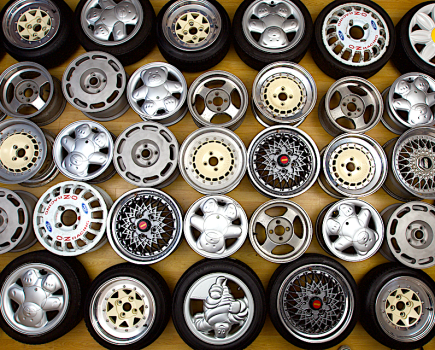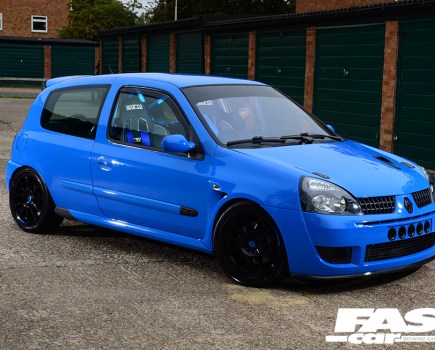Buying modified car insurance is often a painful experience, especially for modified car owners, right? Well, not always. By following the few simple suggestions listed below, you’ll be able to insure your motor without having to sell it first to cover the premium…
1. Do your homework
The more specialist your car is, the further you need to look to find a competitive quote. Getting decent, affordable cover on your modified pride and joy takes a bit more time and consideration than for the average car owner. Find a specialist insurer who won’t be totally lost at the first mention of an upgraded panel filter. Insurance comparison sites are unlikely to cater for your specialised modified car insurance needs either.
2. Shop around
It’s very easy to stick with the same insurer and let the direct debit payments continue to fly out of your account, but shopping around will help reduce premiums. Insurance companies frequently have price match guarantees and will be keen to undercut your existing renewal quote to win new business. Insurers are constantly pushing up the price of premiums, so don’t just surrender and renew your policy based on one quote. By shopping around you’re beating them at their own game, which in turn will help you to get a lower premium.
3. Don’t leave it too late
Start shopping around early – don’t wait until the day your insurance is due and make a rushed decision. Give yourself time to explore the market, seek advice and look at all the options before you commit.
4. Don’t just renew
“It’s only £100 more than last year. Sod it, I’ll just go with it!” Insurance companies are hoping that’s what you’ll think when the renewal letter drops on your doormat. Armed with your renewal quote, get on the phone to some specialists and see what they can do. Your existing insurer will probably reduce their renewal to keep your business.
5. Declare modifications
It’s important to declare all mods. If you choose not to, it’s highly likely to invalidate your policy and potentially leave you facing huge repair bills in the misfortune of an accident. In addition, if your car is stolen and found to have undeclared modifications, you’re unlikely to get any money back. From the insurers’ perspective, any performance-enhancing modifications on the vehicle will make it more desirable to thieves.
6. Agreed value
Even if all mods are declared, insurance companies and modified car owners rarely see eye to eye on the value of a car following a theft or accident. You may have spent £35k modifying your 1990 Skyline, but when the insurers have a used car price guide database stating that your car is worth five grand, you won’t feel too amused when the cheque arrives. Choose an insurer who’ll agree to a value for your car based on what it’s actually worth. It’ll raise the premium, but will ensure that you get what your car is worth should the worst happen.
7. Excess
One method of lowering your premium is to raise the excess on your policy. This is especially good for sensible drivers who rarely make claims, or if the value of the car is low. It’ll be a balance between how much the excess is raised to how much it lowers the premium, but it’s worth exploring.
8. Ask around
Specialist insurers are often smaller companies who may not have the budget to spend on big TV advertising campaigns. Word of mouth is a good method of finding out about these companies. Some are even renowned for giving competitive quotes on certain car types, so join a club or forum and get some help. Club membership can help get a discount.
9. Additional security
A sure-fire method of lowering your insurance premium is to add additional security features to your vehicle. Alarm systems, trackers, immobilisers, steering wheel locks, etc all indicate you’re serious about protecting your car. Insurers may then reward you with a reduced premium.





